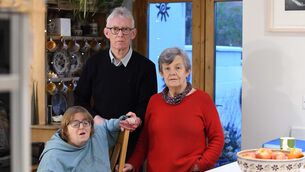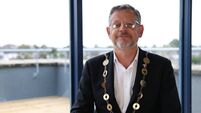The A to Z of 2015

The year gone was, to some extent, all about the year to come. Preparations for the centenary of the 1916 Rising got under way during the year, with all manner of planned ceremonies, commemorative books and various movie and TV portrayals all set up.















